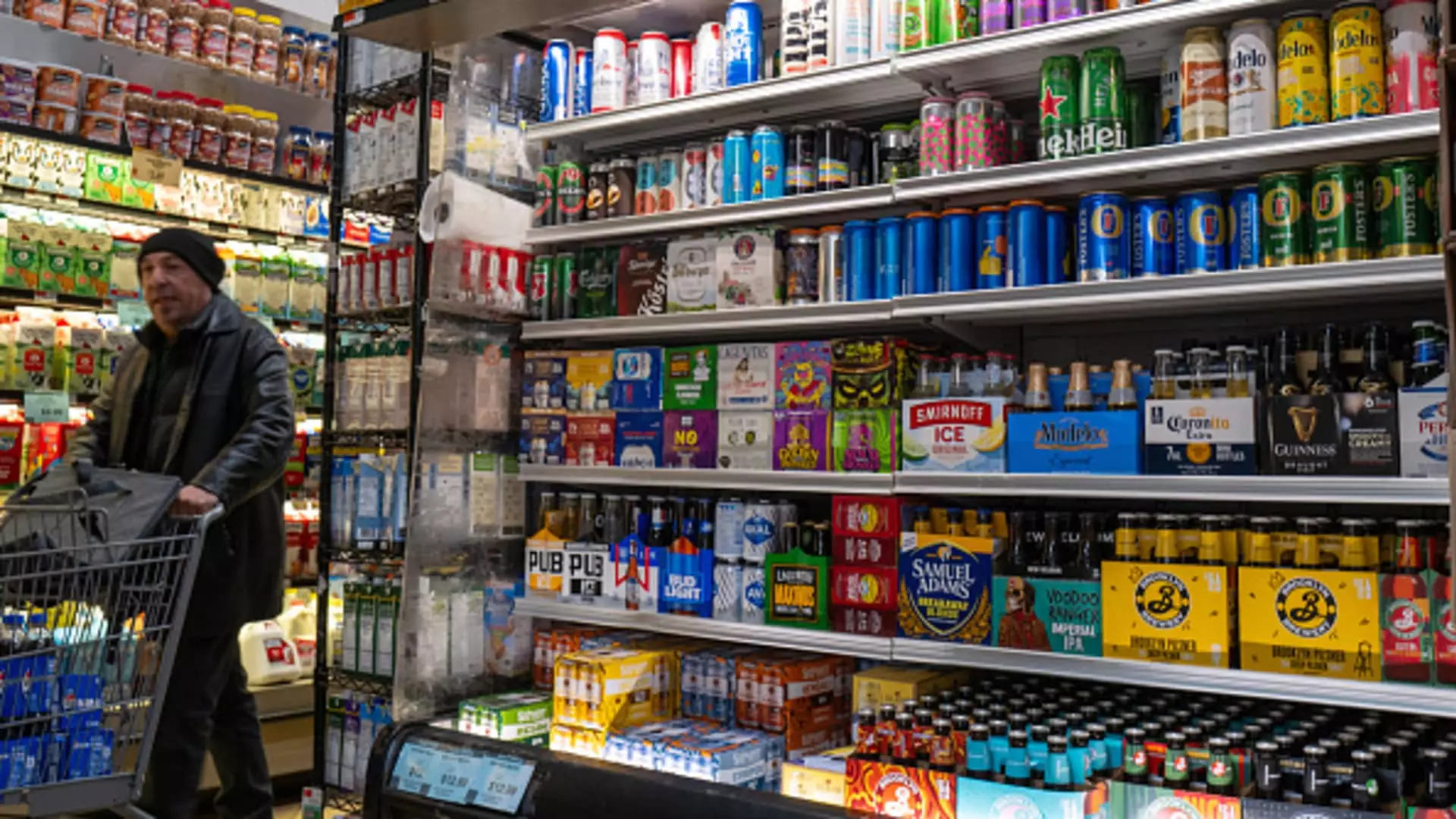In a critical advisory issued recently, U.S. Surgeon General Dr. Vivek Murthy highlighted an alarming relationship between alcohol consumption and a heightened risk of cancer. This advisory marks a significant moment in public health discourse, especially as it sheds light on the insidious nature of alcohol not merely as a social lubricant but as a notable contributor to cancer incidence. The link established in the advisory extends to at least seven types of cancer, particularly breast, colorectal, esophageal, and liver cancers, making it imperative for society to reassess its relationship with alcohol.
Dr. Murthy’s advisory is particularly alarming for everyday drinkers; the risk of developing certain cancers can materialize with a consumption level as modest as one drink per day. This threshold is startling, especially when one considers how ingrained drinking is in social customs and daily habits. The warning shakes the foundation of what is often perceived as harmless social drinking. With data suggesting that even minimal consumption may entail significant health risks, individuals are urged to reflect critically on their choices when it comes to alcohol consumption.
Beyond individual responsibility, the advisory pushes for tangible policy changes to curtail the incidence of alcohol-related cancers. Dr. Murthy has proposed enhanced labeling on alcohol products to elucidate their cancer risks more transparently. He advocates for more stringent educational initiatives that inform the public about the dire implications of alcohol on health, particularly cancer risk. By paralleling these actions with successful tobacco control measures—like mandatory health warnings—there is a clear roadmap for how society can begin to confront this lesser-known health hazard.
Alcohol consumption ranks as the third leading preventable cause of cancer in the United States, trailing only tobacco use and obesity. Disturbingly, it accounts for approximately 100,000 new cancer cases and 20,000 cancer-related deaths annually. These statistics starkly illustrate the discrepancy between public awareness and reality; the Surgeon General pointed out that while over 70% of U.S. adults engage in drinking, fewer than half are aware of the associated cancer risks. This gap in knowledge begs the question: how can the public remain so largely uninformed about such a significant health threat?
Interestingly, the rising tide of concern regarding alcohol consumption seems particularly pronounced among younger Americans. Surveys indicate that a significant portion of adults aged 18 to 34 believe alcohol negatively impacts overall health. This emerging perspective contrasts sharply with perceptions held by older demographics, with a much lower percentage of adults aged 35 and above sharing similar concerns. This data suggests a cultural shift is underway—young individuals are increasingly opting for non-alcoholic alternatives, aligning with a broader trend toward health consciousness.
Dr. Murthy’s advisory serves as a clarion call to individuals, policymakers, and health educators alike. It is essential to bridge the gap in awareness concerning alcohol consumption and its associated cancer risks. By implementing clear strategies such as improved labeling, educational campaigns, and a serious consideration of individual drinking habits, we can initiate meaningful dialogues about alcohol and health. As the landscape of public health continues to evolve, tackling the challenges posed by alcohol consumption must be a priority to safeguard futures from its preventable struggles. Awareness is merely the first step; the next must translate into action, fostering a healthier society reflective of informed decision-making related to alcohol consumption.

